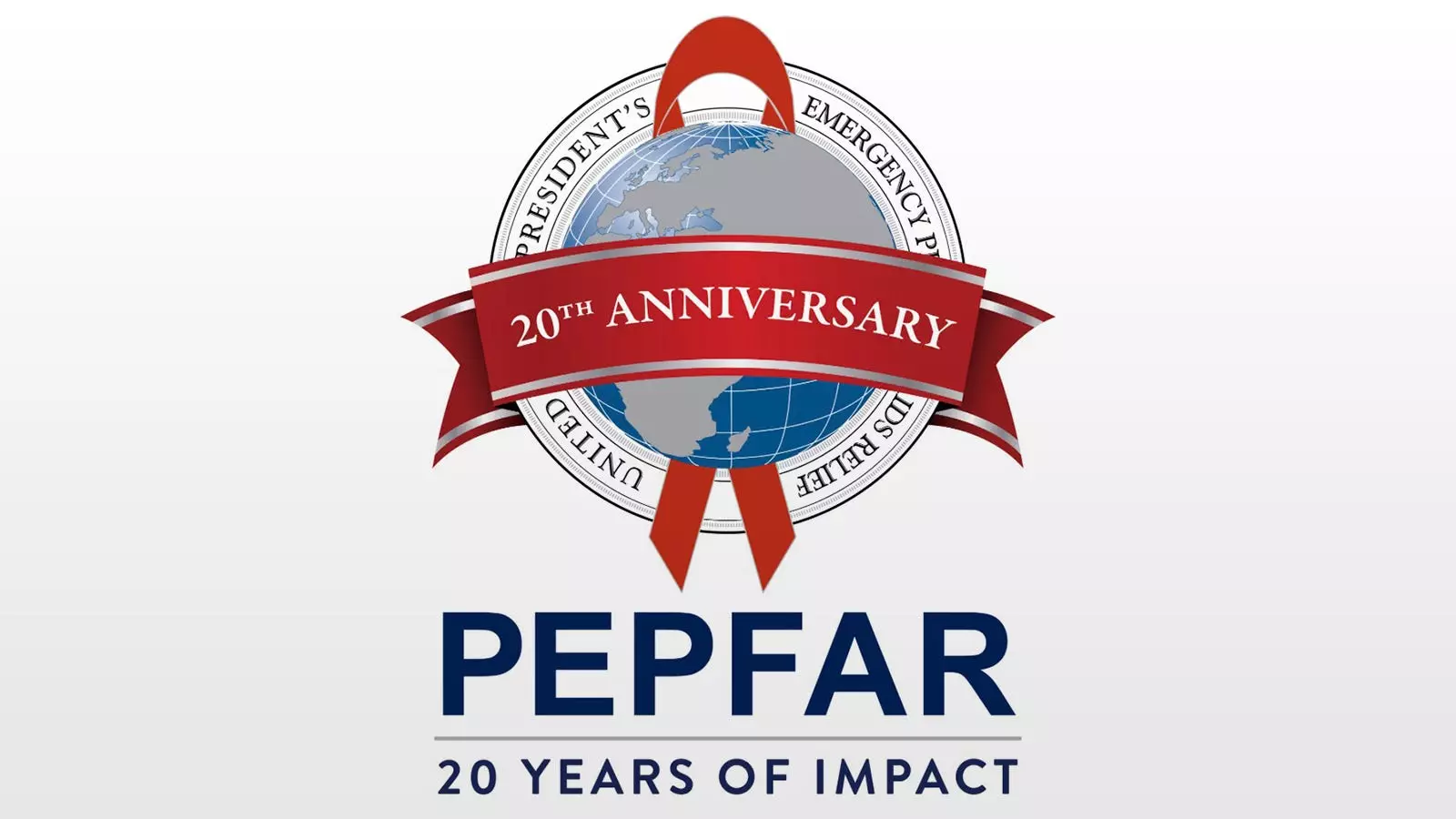In 2003, two opposing political party leaders in the U.S. Senate, Tom Daschle and Bill Frist, joined forces to support President George W. Bush in authorizing the U.S. President’s Emergency Plan for AIDS Relief (PEPFAR). Their motivation stemmed from the recognition that saving lives was paramount, transcending political differences. PEPFAR’s impact has been nothing short of miraculous, with 25 million individuals alive today because of this program. However, despite its unprecedented success, the future of PEPFAR is now uncertain. This article critically analyzes the pressing need for the reauthorization of one of America’s most successful health programs.
PEPFAR, according to the State Department, represents the largest commitment ever made by any nation to address a single disease. Over the years, it has made critical investments in more than 50 countries across various continents, including the Americas, Africa, Europe, and Asia. The program’s accomplishments include enabling 5.5 million babies to be born HIV-free, providing care for more than 7 million orphans and vulnerable children, and significantly reducing HIV infections.
PEPFAR has played a pivotal role in safeguarding children from AIDS and mitigating orphanhood. Its implementation has contributed to an 80% decrease in deaths among infants and young children infected with HIV. Additionally, research conducted by the Bipartisan Policy Center (BPC) reveals that PEPFAR has significantly reduced the number of children orphaned due to AIDS, from 1.6 million annually in 2004 to 382,000 in 2021. The program’s impact extends beyond HIV, as it also leads to a decline in mortality rates for all causes.
One of the crucial aspects of PEPFAR is its investment in global public health. By bolstering public health infrastructure, the program enhances the capacity to address infectious disease outbreaks and other health challenges. The BPC’s research indicates that countries receiving substantial PEPFAR resources experienced fewer all-cause mortality cases in 2020, likely due to COVID-19. This demonstrates the critical role PEPFAR plays in fortifying health systems worldwide, especially in the face of emerging diseases.
PEPFAR’s impact transcends health spheres, offering economic and diplomatic benefits. Strategic health diplomacy is exemplified by the program, as a higher level of PEPFAR funding in a country is associated with improvements in worker productivity, government effectiveness, and the rule of law. Furthermore, increased PEPFAR funding corresponds to greater overall approval of U.S. leadership by the population of the recipient country. Undermining PEPFAR would not only endanger global health but also have major diplomatic consequences, particularly in Africa, where the bulk of PEPFAR support is concentrated.
Clean, 5-year reauthorizations of PEPFAR have been instrumental in building trust among the recipient countries. Ensuring reliable funding from year to year allows for effective long-term strategic planning in the fight against AIDS. Relying on short-term reauthorizations and sowing doubts about bipartisan support can compromise the confidence of partner countries, making it challenging to implement life-saving programs on the ground.
Despite the increasingly severe partisan divide in the United States, PEPFAR remains an issue around which both political parties have united. Throughout its history, PEPFAR has faced challenges, yet Congress has consistently worked through them to save lives. It is crucial for lawmakers to prioritize this issue and seize the historic opportunity to end AIDS permanently. Failure to do so will result in a harsh judgment from history.
PEPFAR has achieved unparalleled success in saving lives and reducing the spread of HIV/AIDS. Its impact on children, mortality rates, global health systems, economies, and diplomatic relations is undeniable. To ensure its continued success, urgent reauthorization is necessary. Congress must demonstrate bipartisan commitment and provide a 5-year reauthorization, reinforcing America’s commitment to the health, well-being, and development of strategically important regions. The fight to end AIDS is a fight for humanity, and the stakes are too high to let this historic opportunity slip away.


Leave a Reply